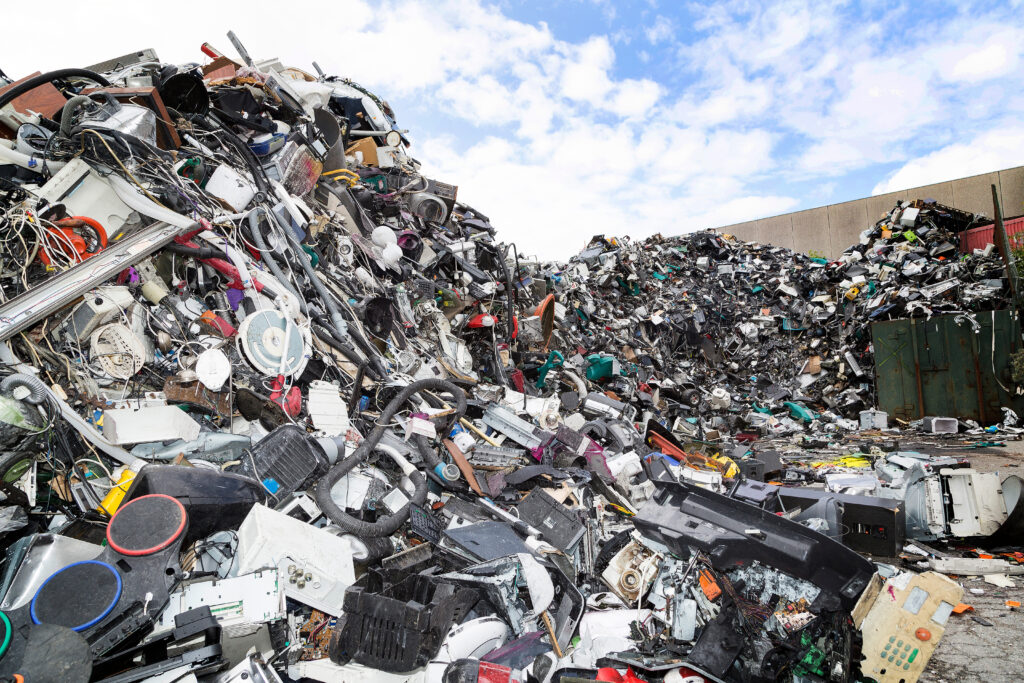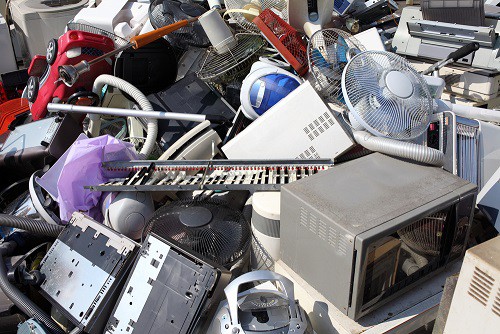In what is said to be a record, 62 million tonnes of e-waste were produced in 2022, said to be up 82% from 2010, and on track to rise another 32% to 82 million in 2030.
The report, from the International Telecommunication Union (ITU) and United Nations Institute for Training and Research (UNITAR), states that less than one quarter of the year’s e-waste mass was documented as having been properly collected and recycled in 2022.
Worldwide, according to the UN, the generation of e-waste is rising by 2.6 million tonnes annually.
The UN states that any discarded product with a plug or battery is a health and environmental hazard, containing “toxic additives or hazardous substances such as mercury”, which it said can “damage the human brain and coordination system”.
The report notes challenges such as technical progress, higher consumption, limited repair options, shorter product life cycles, society’s growing electronification, design shortcomings and “inadequate” e-waste management infrastructure.
The UN also said that if countries could bring the e-waste collection and recycling rates to 60% by 2030, the benefits would exceed costs “by more than 30 billion pounds”.
Kees Baldé, lead author at UNITAR, said: “No more than 1% of demand for essential rare earth elements is met by e-waste recycling. Simply put: Business as usual can’t continue.
“This new report represents an immediate call for greater investment in infrastructure development, more promotion of repair and reuse, capacity building, and measures to stop illegal e-waste shipments. And the investment would pay for itself in spades.”
Cosmas Luckyson Zavazava, director, ITU Telecommunication Development Bureau, added: “The latest research shows that the global challenge posed by e-waste is only going to grow.
“With less than half of the world implementing and enforcing approaches to manage the problem, this raises the alarm for sound regulations to boost collection and recycling.”












Subscribe for free